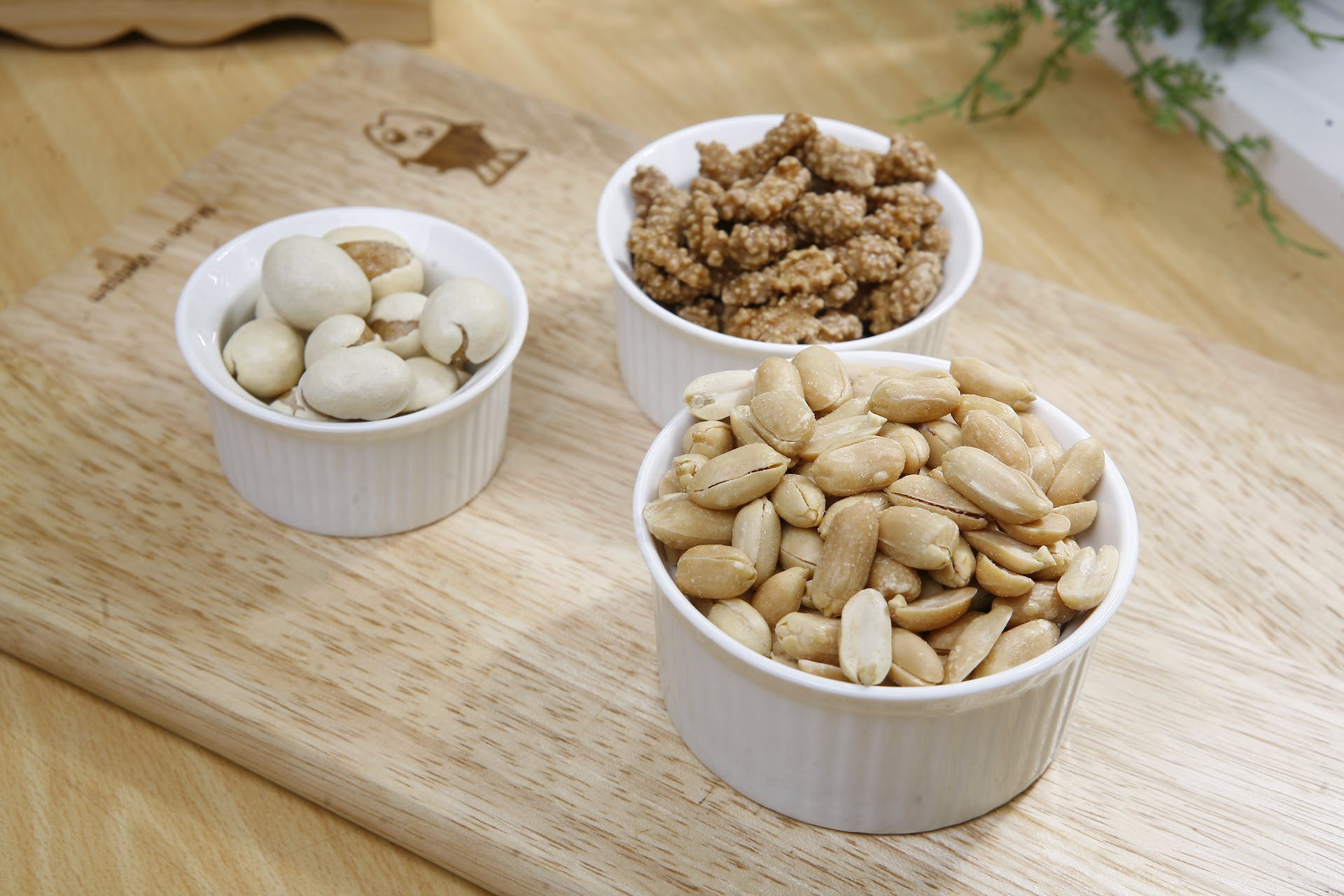High blood sugar and high blood lipids
High blood sugar can lead to insulin resistance, making it difficult for the body to effectively use glucose, prompting the liver to produce more lipids, thus causing high blood lipids.
In turn, high blood lipids can also aggravate insulin resistance and further worsen blood sugar control.
Reducing sugar and fat intake and exercising regularly can effectively lower blood sugar and blood lipid levels.
High blood sugar levels and hearing loss
High blood sugar can damage the micro-blood vessels in the inner ear, affecting hearing function.
Long-term high blood sugar can cause nerve damage, affecting the signal transmission between the brain and the ear.
People with diabetes are also at a significantly increased risk of hearing loss.
Exercise recovery tips for blood sugar management
Exercise can help control blood sugar, but if you don’t pay attention to recovery, it may cause hypoglycemia or fatigue.

After exercise, replenishing the right amount of carbohydrates and protein can help stabilize blood sugar and promote muscle recovery.

Proper stretching and massage can reduce muscle soreness, improve blood circulation, and speed up the recovery process.

Drinking enough water is also key, especially after exercise.
Healthy breakfast helps regulate blood sugar
An ideal breakfast should include complex carbohydrates, protein and healthy fats to stabilize blood sugar and provide sustained energy.
Avoid sugary cereals and desserts, which can cause blood sugar to rise sharply and fall quickly.
Choose foods such as whole-wheat bread, oats, eggs, nuts and unsweetened yogurt to not only stabilize blood sugar, but also promote energy balance throughout the day.
Blood sugar control and inflammation

High blood sugar can trigger an inflammatory response, which in turn damages tissues and leads to a variety of chronic diseases, such as heart disease and diabetic complications.

Chronic inflammation can also aggravate insulin resistance, making blood sugar control more difficult.

Foods rich in antioxidants, such as vegetables, fruits, and nuts, can help inhibit inflammatory responses and further improve blood sugar management.
Blood sugar control and cholesterol metabolism
High blood sugar can lead to insulin resistance, which in turn affects cholesterol metabolism and increases the risk of cardiovascular disease.
Fiber, healthy fats, and plant sterols in the diet can also help regulate cholesterol metabolism and further improve heart health.
Comprehensive management of blood sugar and cholesterol is an important strategy for preventing cardiovascular disease.
Emotional control in blood sugar management
Negative emotions such as stress, anxiety and depression can trigger a stress response, leading to increased levels of stress hormones in the body, which in turn affects blood sugar levels.
Long-term mood swings may cause blood sugar fluctuations and increase the risk of diabetic complications.

Practicing emotion management techniques such as meditation, deep breathing, and mindfulness can help stabilize emotions and better control blood sugar.
Disclaimer:This information is for informational purposes only and is not a substitute for professional medical advice, diagnosis or treatment. We do not advise, recommend or endorse any specific prescription drug, or other information. We do not provide any warranty for any information. Seek your doctor’s advice before starting, changing, or discontinuing any treatment.
Contact
(406)727-6859
600 13th Ave S, Great Falls, MT 59405 United States
[email protected]
Copyright © 2024. Barbaraoneillsugarlevels.com